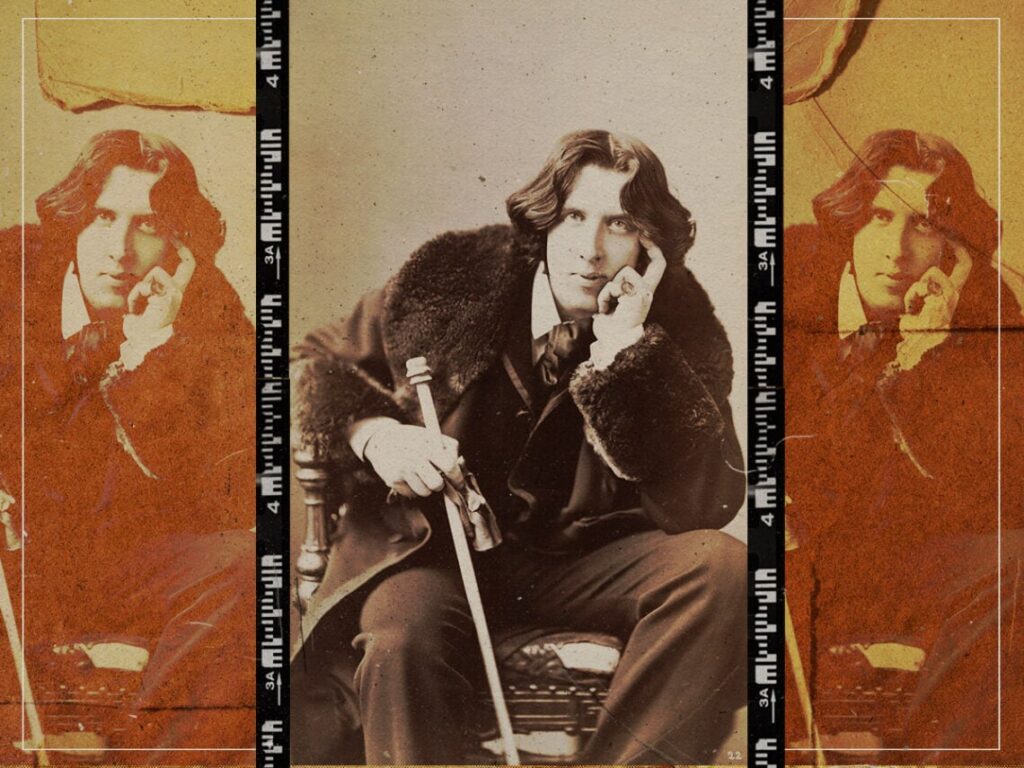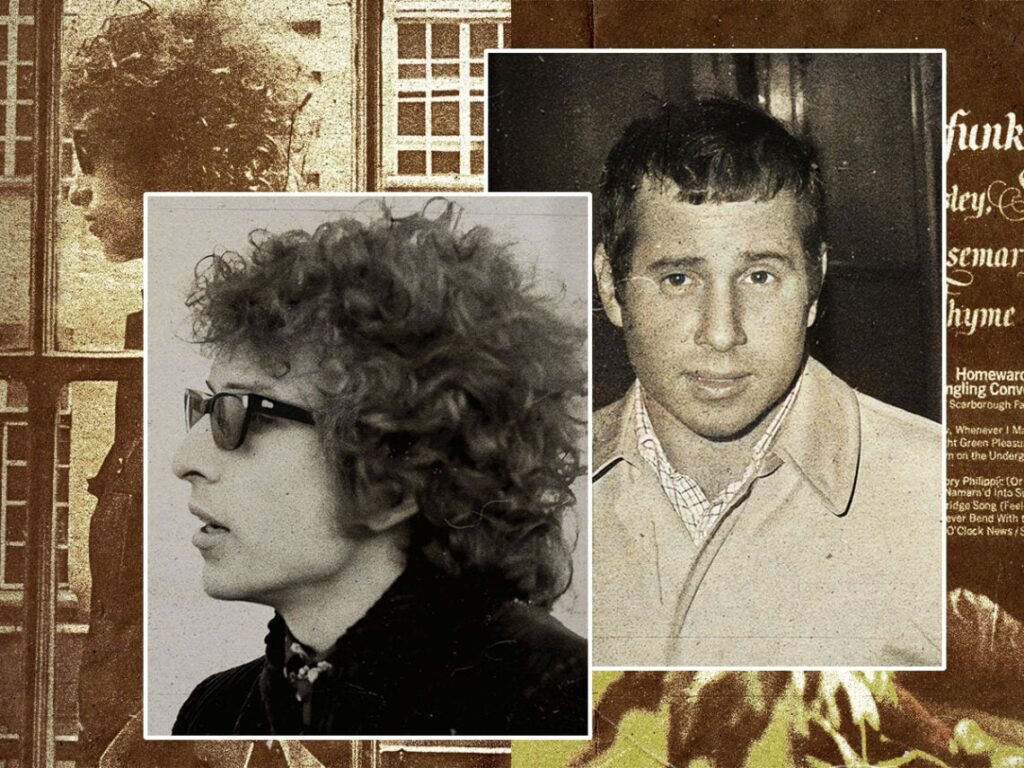Did Oscar Wilde really say, “I have nothing to declare except my genius”?
 Posted On
Posted On
(Credits: Far Out / Napoleon Sarony / Adam Cuerden)
Those who have viewed or read The Importance of Being Earnest will understand that, as well as having incisive literary genius, Oscar Wilde harboured an incredibly sharp wit. Throughout his poetic canon and, indeed, his gothic masterpiece The Picture of Dorian Gray, Wilde exhibited a stunning ability to inject life into eternally pertinent philosophical themes.
Almost as famous as Wilde’s literary oeuvre is the quote, “I have nothing to declare except my genius.” The Irish writer allegedly uttered this immortal line as he arrived at the New York Customs House in January 1882. According to the legend, the customs officer was less than amused to hear such an arrogant quip from this flamboyant and haughty personage.
Tragically, Wilde was persecuted for his homosexuality. Following his abominable imprisonment of 1895-97, his health and public stature declined. He passed away in 1900, aged just 46, but his effervescent charm and sharp wit had perished several years before.
Throughout the 20th century, the poet and playwright lived on in word of mouth and literary legend. New generations of literary figures and admirers remembered Wilde for the personality that spawned his famous works, one of ribbing humour, social eloquence and bookish confidence.
With such a personality, one can imagine Wilde letting an ironic phrase about his own genius slip in a US customs house, but that doesn’t evidence the claim. In fact, the quote is quite likely a spurious, if comical, summary of the writer’s personality. Sadly, we cannot be entirely sure since customs houses didn’t have CCTV 130 years ago.
What we do know is that the phrase, “I have nothing to declare except my genius,” was first printed in 1910 in Christopher Sclater Millard’s The Oscar Wilde Calendar. Yet, over the ensuing years, several variants appear, including “Nothing—except—my genius,” “Only my genius,” and “I have nothing but my genius to declare.” One or none of these could be correct.
It is thought that the quote could have been fabricated from some of Wilde’s similar comments committed to print. In 1990, he published the essay The True Fiction and Value of Criticism, an exercise in aesthetic philosophy that follows dialogue between two characters, Gilbert and Ernest.
In part of the conversation, Wilde suggests that geniuses are subject to unfair treatment by the general public. “The English public always feels perfectly at its ease when a mediocrity is talking to it,” Ernest says, to which Gilbert replies, “Yes: the public is wonderfully tolerant. It forgives everything except genius.”
This exchange could certainly have influenced the quote if it is indeed a fabrication, but the humorous connection between Wilde and the self-proclamation of genius was noted as far back as 1883. That year, the newly-founded New York magazine Life falsely quoted Wilde in a comedic feature, “I have cut my hair, and I have written a play, and still, I fail to please. But genius cannot be crushed. I shall go in training for a slugging match and open a bar.”
So, while the jury is still out on the immortal Oscar Wilde quote, there are no primary sources of evidence to confirm its verity. Either way, it is an efficient and humorous appraisal of his larger-than-life persona that deserves to live on with a caveat.
Watch the trailer for Wilde, the 1997 biopic starring Stephen Fry in the titular role, below.
[embedded content]


